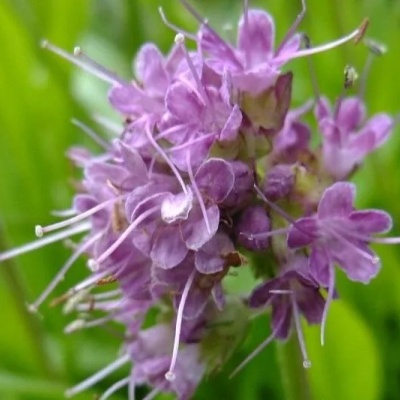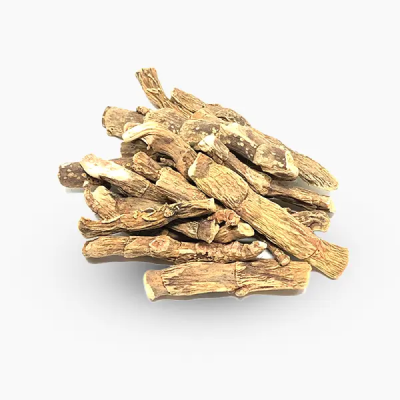Schizophrenia is a chronic and severe mental health disorder that affects how a person thinks, feels, and behaves. People with schizophrenia may appear to lose touch with reality, which can be distressing for both the individual and their family. While it is not curable, it can be managed with treatment.
Causes of Schizophrenia
The exact cause is unknown, but several factors contribute:
- Genetic Factors: Family history increases the risk.
- Brain Chemistry: Imbalances in neurotransmitters like dopamine and glutamate.
- Environmental Triggers: Stress, trauma, infections, or malnutrition during pregnancy.
- Substance Use: Excessive use of mind-altering drugs like marijuana or LSD can trigger symptoms.
Symptoms of Schizophrenia
Schizophrenia symptoms are categorized into three types:
Positive Symptoms (Excesses or distortions of normal functions)
- Hallucinations (hearing voices or seeing things that aren't real).
- Delusions (strongly held false beliefs, such as thinking someone is spying on them).
- Disorganized speech or thinking.
- Bizarre behaviours.
Negative Symptoms (Loss of normal functions)
- Lack of motivation or interest in daily life.
- Reduced emotional expression (flat affect).
- Withdrawal from social activities.
- Difficulty in sustaining focus or enjoyment.
Cognitive Symptoms
- Difficulty in understanding or making decisions.
- Memory issues.
- Struggles with concentration or paying attention.
Types of Schizophrenia
- Paranoid Schizophrenia: Dominated by delusions and auditory hallucinations.
- Disorganized Schizophrenia: Speech and behaviour are incoherent, often accompanied by emotional disturbances.
- Catatonic Schizophrenia: Includes motor disturbances, from immobility to excessive activity.
- Undifferentiated Schizophrenia: A mix of symptoms that don't fit a specific subtype.
- Residual Schizophrenia: A past diagnosis but with fewer active symptoms now.
Ayurvedic Perspective on Schizophrenia
In Ayurveda, schizophrenia is considered under Unmada, a mental disorder caused by an imbalance of the three doshas (Vata, Pitta, Kapha). Primarily, Vata dosha imbalance affects the mind and nervous system, leading to disorganized thought processes and behavior. Emotional stress, poor diet, and improper lifestyle aggravate the condition.
Ayurveda focuses on treating the root cause by balancing doshas, detoxifying the body, and nourishing the mind.
Ayurvedic Management of Schizophrenia
Detoxification (Shodhana)
- Panchakarma therapies like Virechana (purgation) and Nasya (nasal cleansing) help clear toxins affecting the mind.
- Shirodhara (oil poured on the forehead) is highly effective for calming the mind and reducing stress.
Diet (Ahara)
- Favour fresh, sattvic (pure) foods like fruits, vegetables, whole grains, and nuts.
- Avoid tamasic (heavy) foods like processed meats, alcohol, and fried or spicy items.
- Warm, nourishing foods pacify Vata dosha, such as soups, stews, and ghee.
- Herbal teas with tulsi, ginger, or cardamom can calm the mind.
Lifestyle Modifications (Vihara)
- Maintain a regular routine to stabilize the mind.
- Practice yoga and pranayama to balance Vata dosha and reduce stress.
- Recommended poses: Shavasana (corpse pose), Balasana (child’s pose), and Nadi Shodhana (alternate nostril breathing).
- Avoid overstimulation, late-night activities, or exposure to negative influences like excessive screen time.
Meditation and Mantra Therapy
- Daily meditation to improve focus and calm the mind.
- Chanting “Om” or specific mantras like Gayatri mantra for mental clarity.
Supportive Care
- Counseling and emotional support for patients and families.
- Group therapy or community interaction for grounding.
Herbal Remedies
Brahmi (Bacopa monnieri)
Enhances cognitive function, reduces anxiety, and calms the mind.
Ashwagandha (Withania somnifera)
Adaptogen that strengthens the nervous system and reduces stress.
Jatamansi (Nardostachys jatamansi)
Acts as a brain tonic and mood stabilizer.
Vacha (Acorus calamus)
Improves speech, reduces delusions, and calms the mind.
Shankhpushpi (Convolvulus pluricaulis)
Enhances memory and cognitive abilities.
Rasayana (Rejuvenation Therapy)
- Chyawanprash: To enhance immunity and mental resilience.
- Medhya Rasayana: Herbal formulations to boost memory and intellect.
Ayurveda complements but does not replace modern medical care for schizophrenia.
Severe cases with hallucinations or danger to self/others need psychiatric intervention.
Early intervention and long-term holistic care offer the best outcomes.








